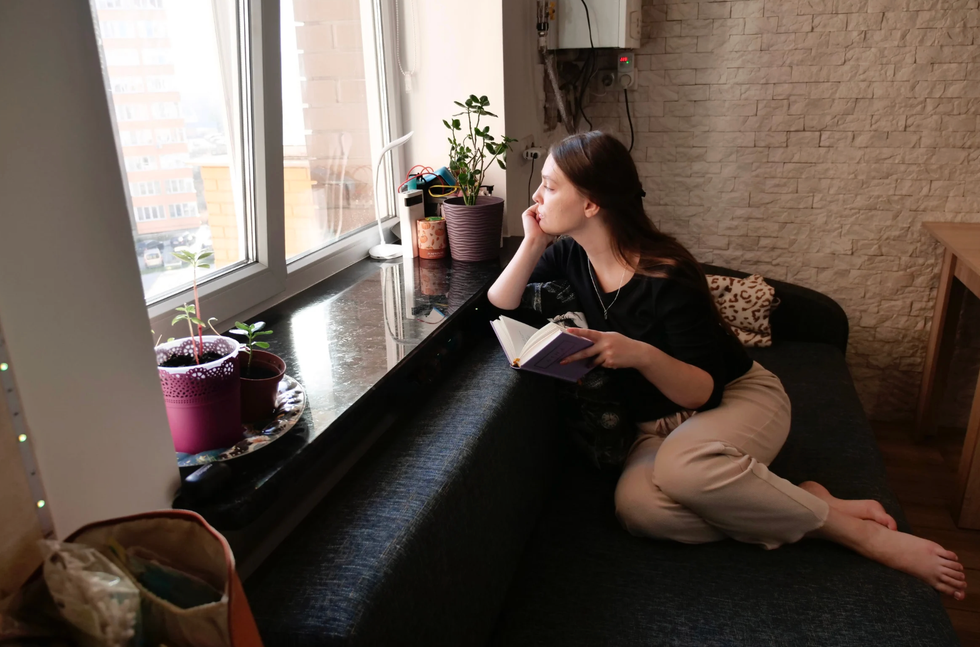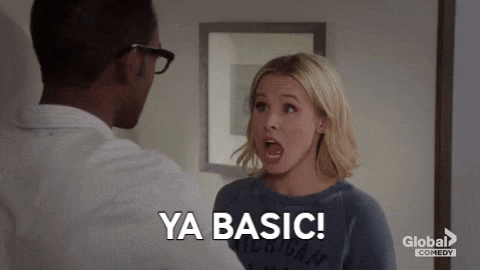In this candid interview with Guillaume Durand for French television, David Bowie introduces his 2002 album, Heathen, which was considered a comeback album in the States and garnered some of his best reviews since the 1983 release Let’s Dance. Worldwide, it sold more than 2 million copies and enjoyed a four-month run on the U.K. charts.
The album’s themes tend toward the darker side, but as Bowie notes, alienation and isolation are themes that have appeared throughout his work. Considering the current climate in America and around the world, this interview is notably fitting in its discussion of life, death, and the anxiety of the human condition.
Check it out:
Around 3:13, Bowie uses Nietzsche as a springboard to discuss how to live an evolved life:
“We may in fact not have a purpose. Are we big enough or mature enough to accept that there’s no ‘plan’, there’s no ‘going somewhere,’ there’s no gift of immortality at the end of this if we evolve far enough? … Well, maybe we can’t live like that. Maybe we have to exist and live on the idea that we have one day at a time to live—and can we do that? Because if we could do that, we may be serving some really great thing.”

















 Tow truck towing a car in its bedCanva
Tow truck towing a car in its bedCanva  Sad woman looks at her phoneCanva
Sad woman looks at her phoneCanva  A group of young people at a house partyCanva
A group of young people at a house partyCanva  Fed-up woman gif
Fed-up woman gif Police show up at a house party
Police show up at a house party 
 A trendy restaurant in the middle of the dayCanva
A trendy restaurant in the middle of the dayCanva A reserved table at a restaurantCanva
A reserved table at a restaurantCanva Gif of Tim Robinson asking "What?' via
Gif of Tim Robinson asking "What?' via 

 An octopus floating in the oceanCanva
An octopus floating in the oceanCanva


 A woman relaxes with a book at homeCanva
A woman relaxes with a book at homeCanva An eviction notice is being attached to a doorCanva
An eviction notice is being attached to a doorCanva Gif of Kristen Bell saying 'Ya basic!' via
Gif of Kristen Bell saying 'Ya basic!' via